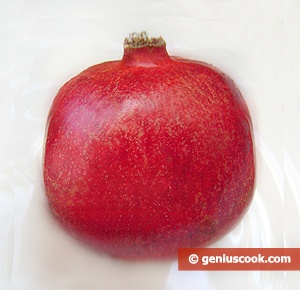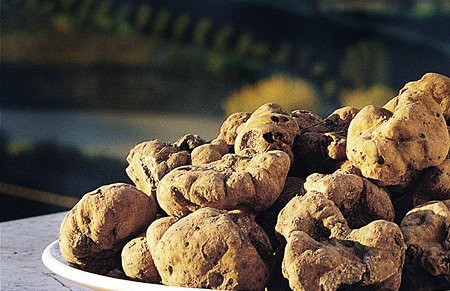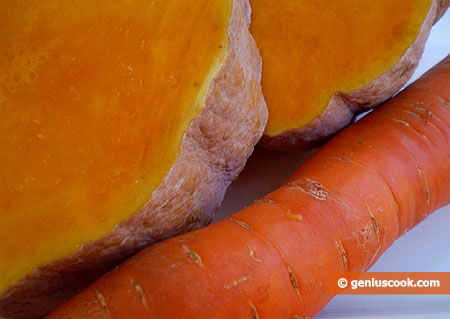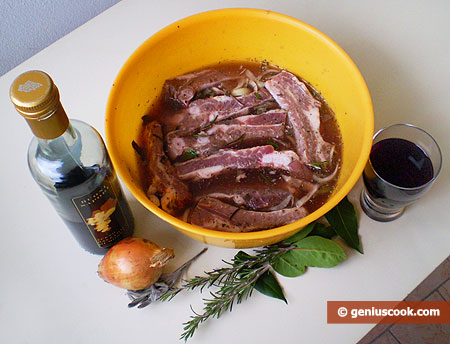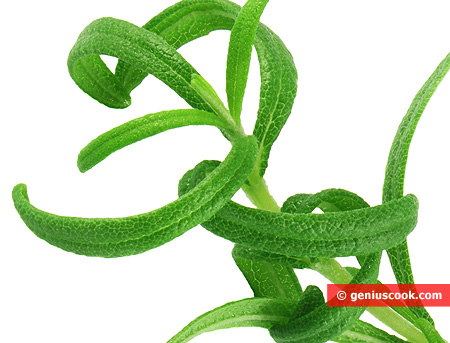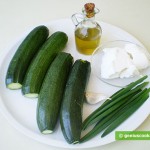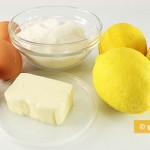Red Wine Protects the Brain from Stroke
Red wine has been attracting attention lately as a salubrious product. Moderate consumption of wine is linked to a lesser risk of developing cardiovascular diseases. It is a phenomenon known as the French paradox, for in France in spite of a diet with a high content of butter, cheese and other rich fats the level of the diseases of the heart and vessels is low. It has to do with the habit of drinking red wine during the meal.
Researchers from the Johns Hopkins University report one more of red wine’s good qualities. They discovered a way to protect the brain from after-stroke damage through red wine. Sylvain Doré, Ph.D., an associate professor of anesthesiology and critical care medicine and pharmacology and molecular sciences at the Johns Hopkins School of medicine says his research reveals that wine is salubrious for the brain. Resveratrol, a compound found in the skin and seeds of red grapes, increases the level of the heme oxygenase enzyme. This enzyme protects the nerve cells of the brain from stroke damage and prevents neurons from dying. Resveratrol doesn’t function directly, it cannot protect the brain cells from free radicals, but it stimulates the cells into protecting themselves.
Doré warns against using resveratrol additives that are available like those of vitamins and minerals. He urges to disregard advertisements of such additives since it’s not definitely known whether they are beneficial or harmful. Additives are often ineffective outside the whole compound found in natural foods and can even cause harm. Therefore one will be better off with a moderate intake of natural red wine and red grapes.
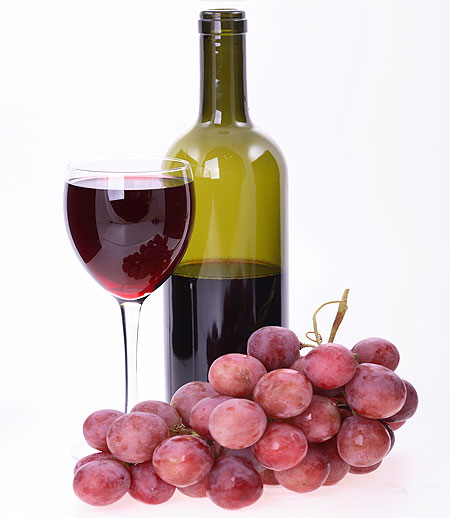
Red Wine and Grapes

